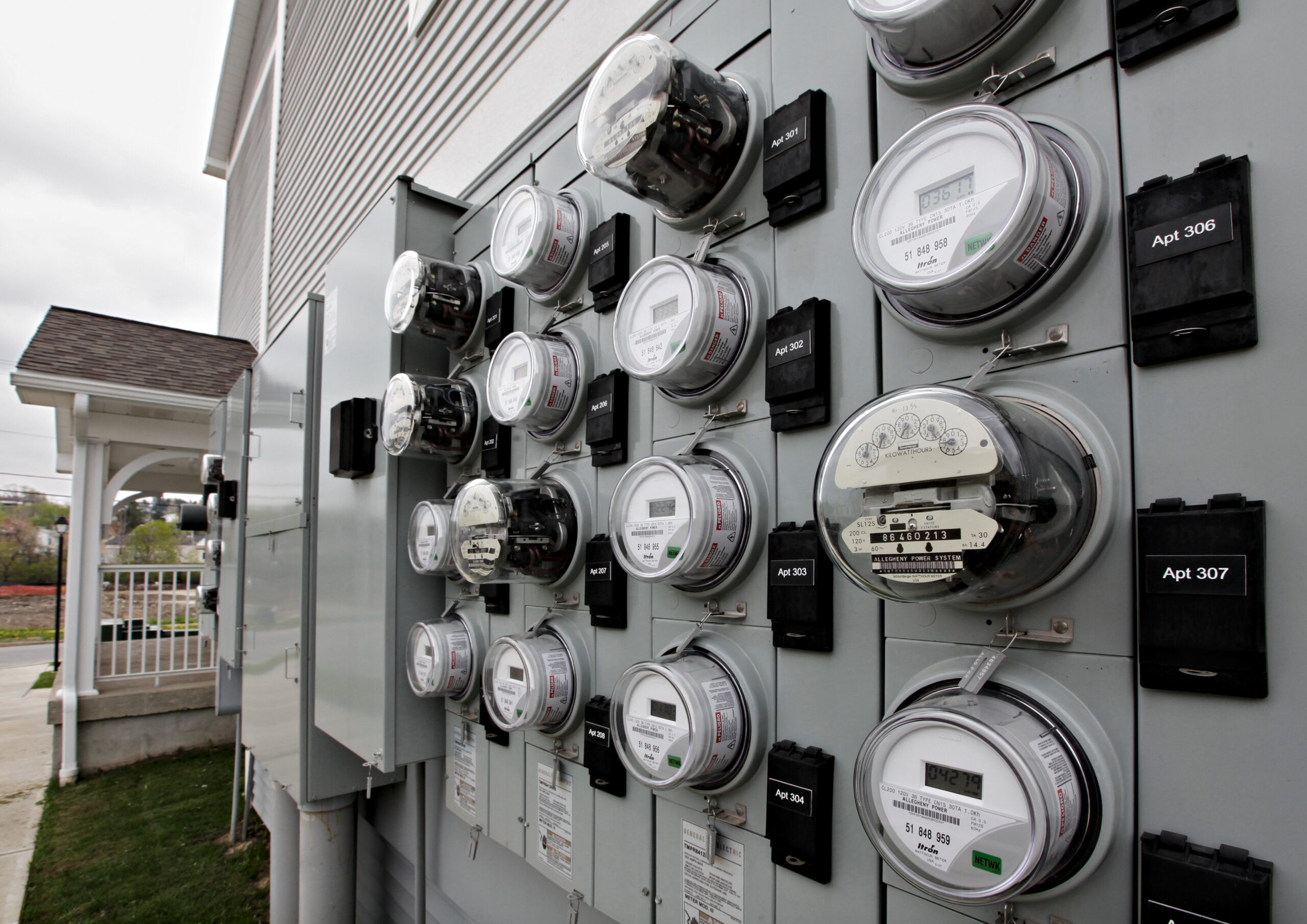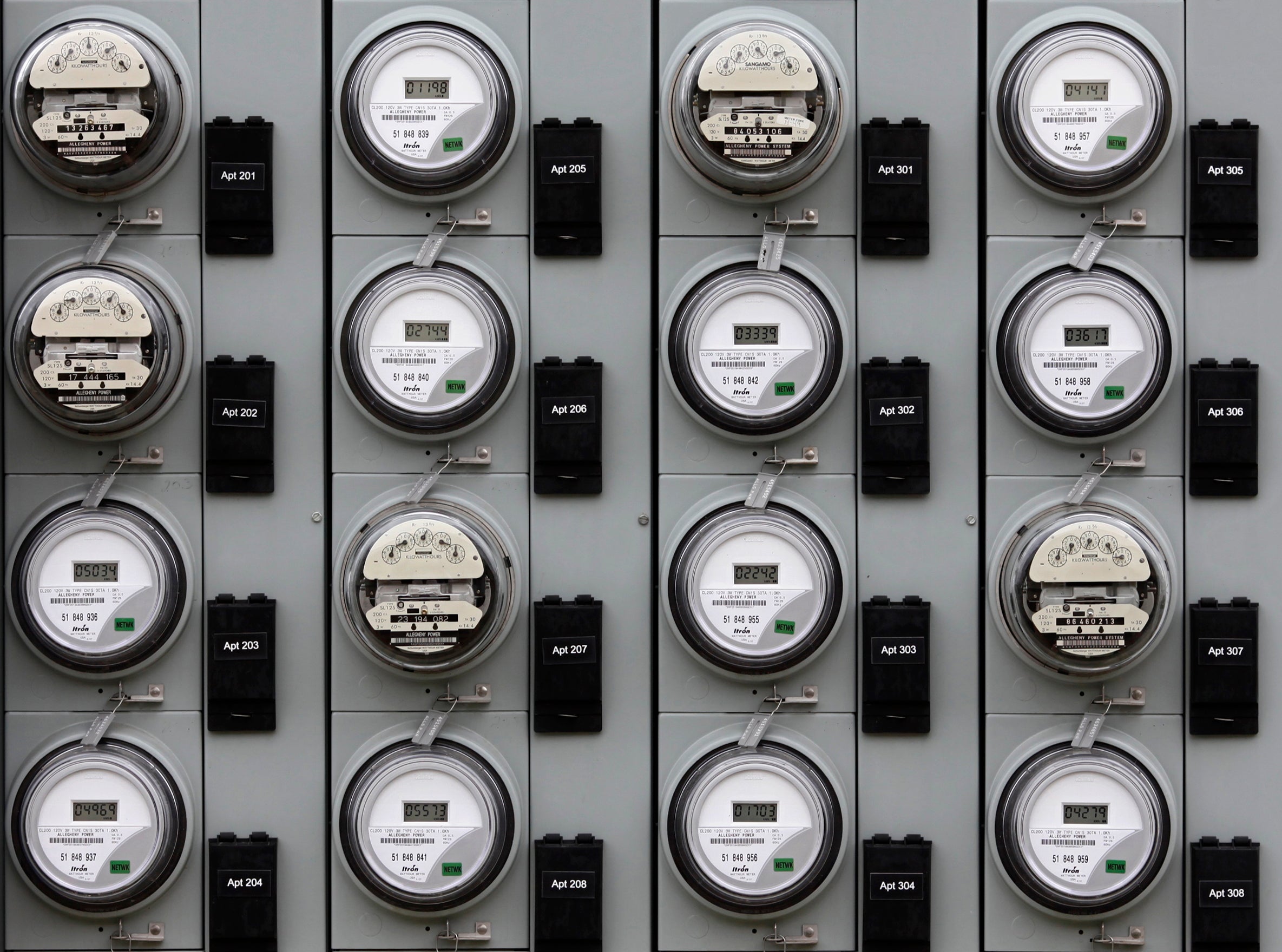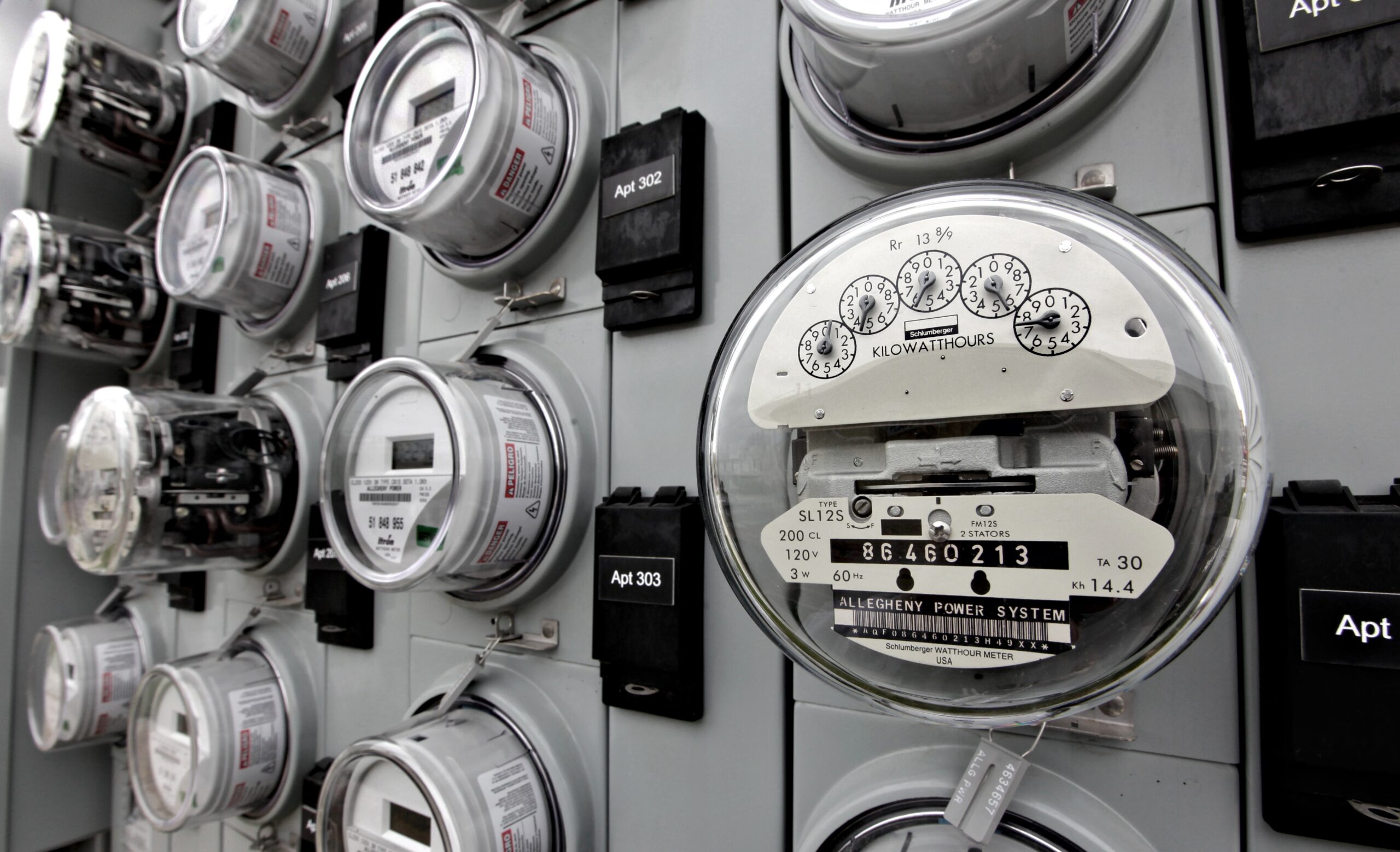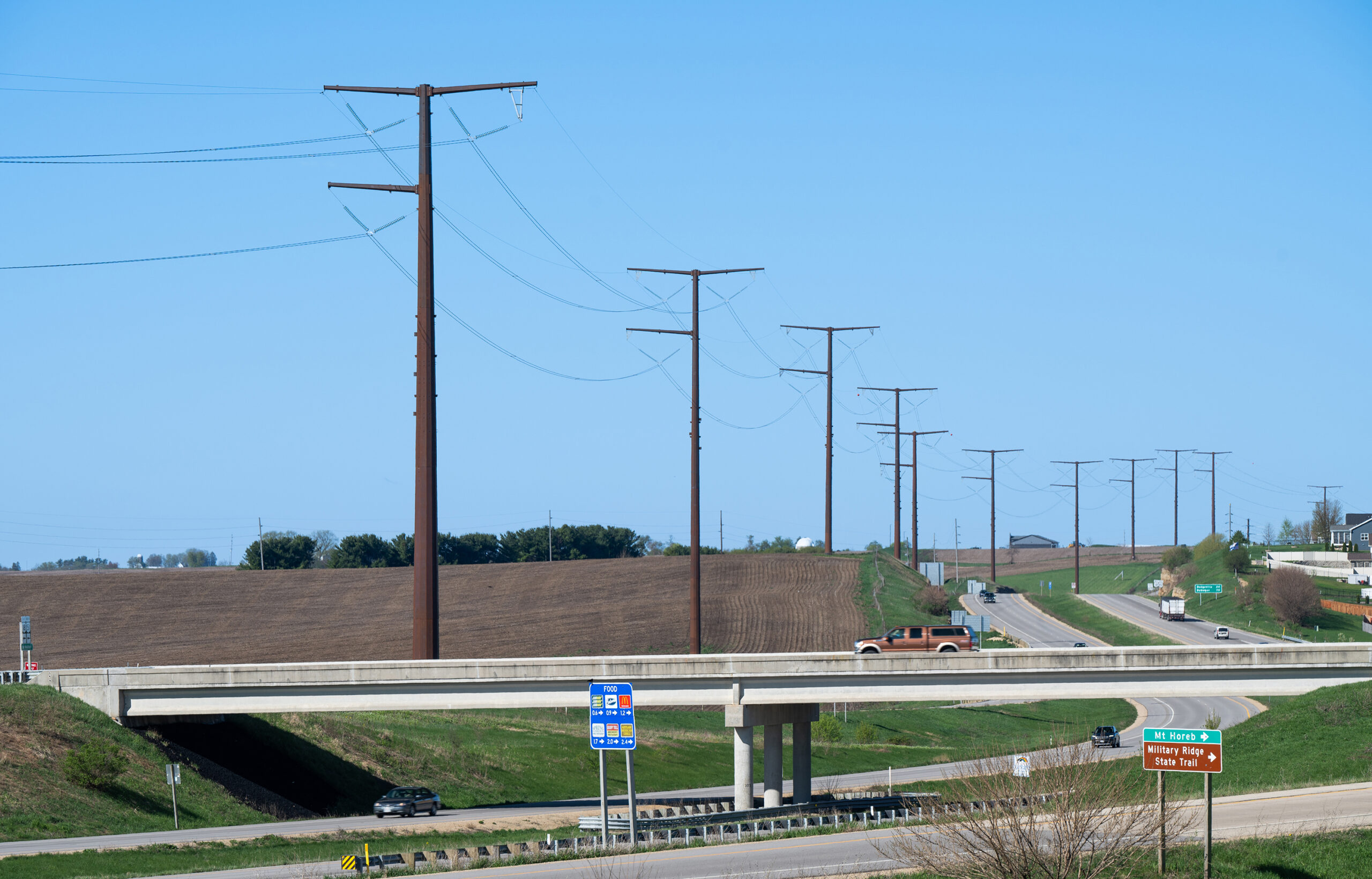State regulators have decided to once again extend a moratorium on utility shutoffs for residential customers, with a new end date of Oct. 1. The decision comes as around one-third of residential customers have fallen behind on their bills across Wisconsin.
Last month, the Public Service Commission voted 2 to 1 to extend a temporary moratorium that was part of an order it issued in March that prevented utilities from disconnecting water, electricity and heat for customers who couldn’t pay their utility bills during the COVID-19 crisis.
PSC Chairperson Rebecca Valcq again highlighted that COVID-19 cases are still high. She also pointed to the public health emergency, the expiration of the weekly $600 federal unemployment benefit and schools that are shifting reopening plans to virtual instruction.
News with a little more humanity
WPR’s “Wisconsin Today” newsletter keeps you connected to the state you love without feeling overwhelmed. No paywall. No agenda. No corporate filter.
“It’s not an ideal situation and I understand that disconnection is a tool and I also understand that none of us want to be in this position and utilities aren’t in the business of disconnecting people,” said Valcq. “But as I’ve said, when I look at the data, and I view it holistically, I don’t think we have a choice.”
Commissioner Ellen Nowak was once again the lone commissioner to oppose the extension, calling it a mistake. She said there’s no evidence that there’s a correlation between the rise in COVID-19 cases and the ability of people to pay their utility bills.
“Now, applying a very broad exemption to the entire state no matter how much money you make is the wrong answer,” said Nowak. “We shouldn’t allow people of middle, upper-income, millionaires to be excused from paying their bills.”
She also said the commission was treading into territory that was best left to the Legislature, which Republican Sen. Duey Stroebel echoed in comments filed to the commission on Wednesday.
Nowak highlighted the state’s declining unemployment rate and energy assistance funding that’s available to customers who are having difficulty paying their bills, as well as steps utilities have taken to protect customers by setting up deferred payment plans. The state was allotted around $8 million in energy assistance through CARES Act funding.
Nowak also urged fellow commissioners to recognize the pressures they may be placing on utilities by requiring them to provide service without payment.
Valcq pushed back against Nowak’s stance, saying it’s “wildly inappropriate” to claim they’re sending a message to higher-earning customers that they don’t have to pay their bills.
“My lens is not the lens of ability to pay. My lens is having the resources available to continue practice social distancing and practice hygiene,” she said.
Commissioner Tyler Huebner also highlighted public health officials’ recommendations to continue social distancing and related measures to prevent the spread of the virus.
“I think it’s our duty to make sure those customers are still protected by having access to water and lights, refrigerated food and medicine, heat and other necessities,” said Huebner.
Tom Content, executive director of the Citizens Utility Board, said the virus has complicated what is already a difficult situation.
“If you are shutting people off, where do they end up and does that lend them into a new setting where they wouldn’t be social distancing?” said Content.
Typically, customers would be directed to cooling centers or other places for shelter in the summer months when their service is disconnected, potentially placing some in unsafe situations or with nowhere to turn if those centers are closed during the pandemic. Content said the most important thing is for utilities to get people on payment plans and making energy assistance available.
In May, around $900 million was provided in supplemental funding to states for energy assistance. However, the National Association of State Utility Consumer Advocates and the Madison-based Customers First Coalition have been pushing Congress to support more than $4 billion in funding for utility customers.
Multiple city officials and environmental groups filed comments urging the commission to extend the moratorium. Some requested a moratorium remain in place as far out as next spring.
Utilities have expressed concern over growing past-due balances among customers that they’ll be forced to recover in future rate cases, according to comments submitted by the Wisconsin Utilities Association.
“WUA members reiterate their previous comments that disconnection is a necessary tool for the utilities to have in their toolbox to engage customers in paying down their arrearage balances, and we emphasize that it is used only as a last resort,” wrote Bill Skewes, the association’s executive director.
An August survey of 199 utilities that submitted data to the commission found there were 105 water, electric and gas utilities that planned to disconnect 93,673 residential customers if the moratorium on shutoffs was lifted as of Aug. 10.
Nearly one-third of residential customers among the state’s five largest utilities, excluding Madison Gas & Electric, had past-due bills amounting to $228.9 million. By comparison, roughly 12 percent of customers had past-due balances averaging out to $186 million in April of 2018 and 2019.
More than 1.3 million residential customers had past-due balances out of roughly 4.2 million electric, water, and gas customers statewide. More than two-thirds of 22,898 customers who qualified as low-income had past-due bills.
The survey also found more than 80 percent of electric and gas utilities and more than 50 percent of water utilities requested customers pay half their past-due balance as a down payment on deferred payment plans.
Commissioners discussed whether more could be done to make deferred payment plans more workable for customers, as well as address past-due balances.
Wisconsin Public Radio, © Copyright 2026, Board of Regents of the University of Wisconsin System and Wisconsin Educational Communications Board.





